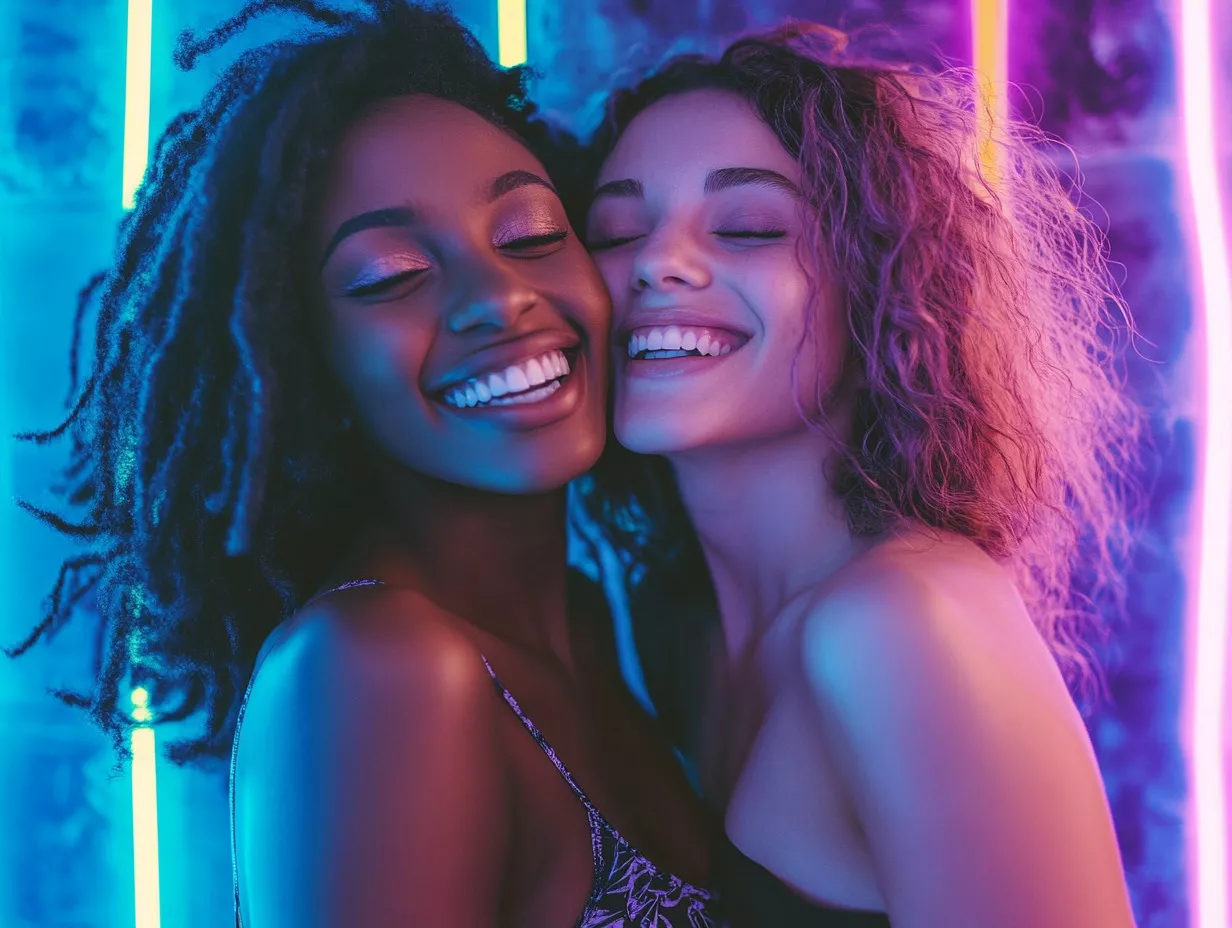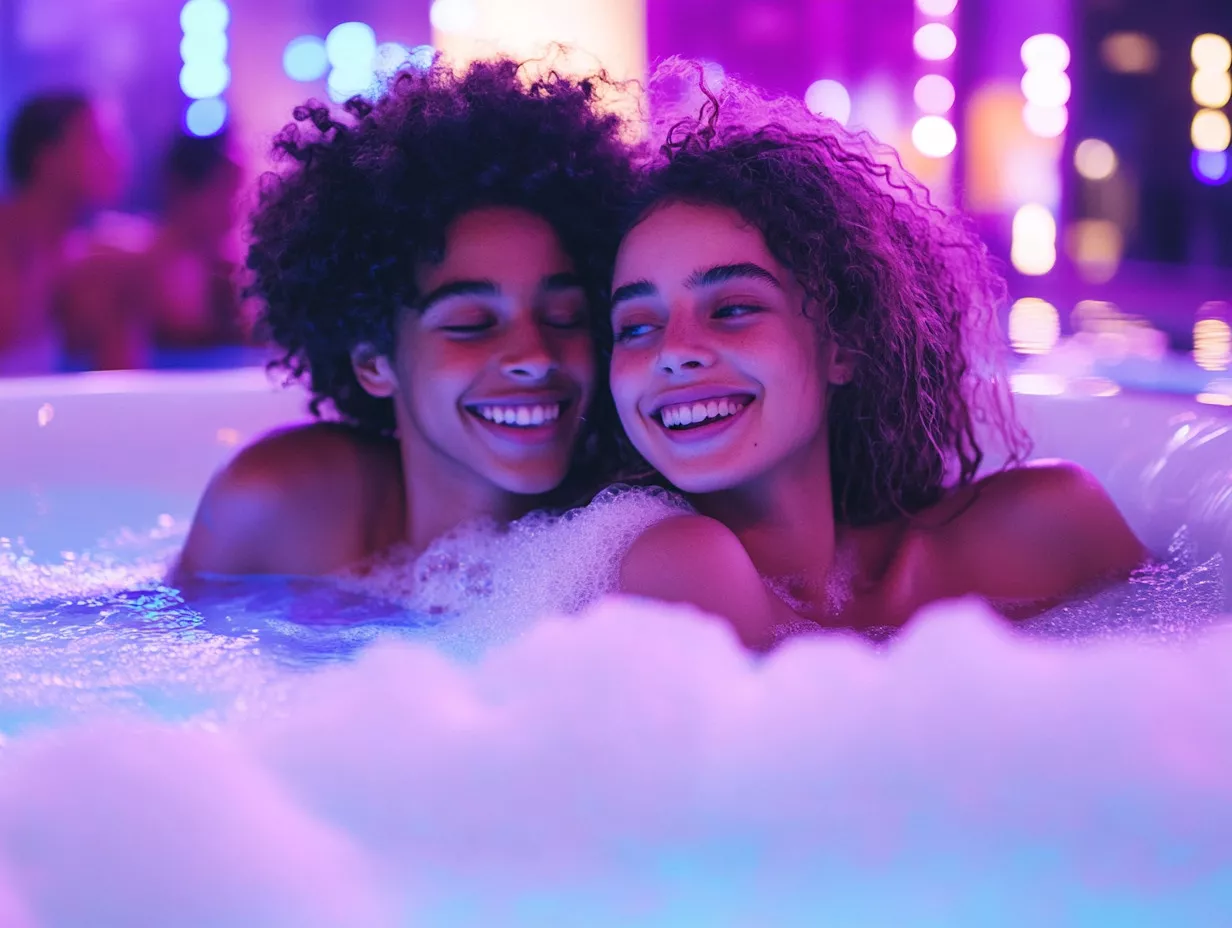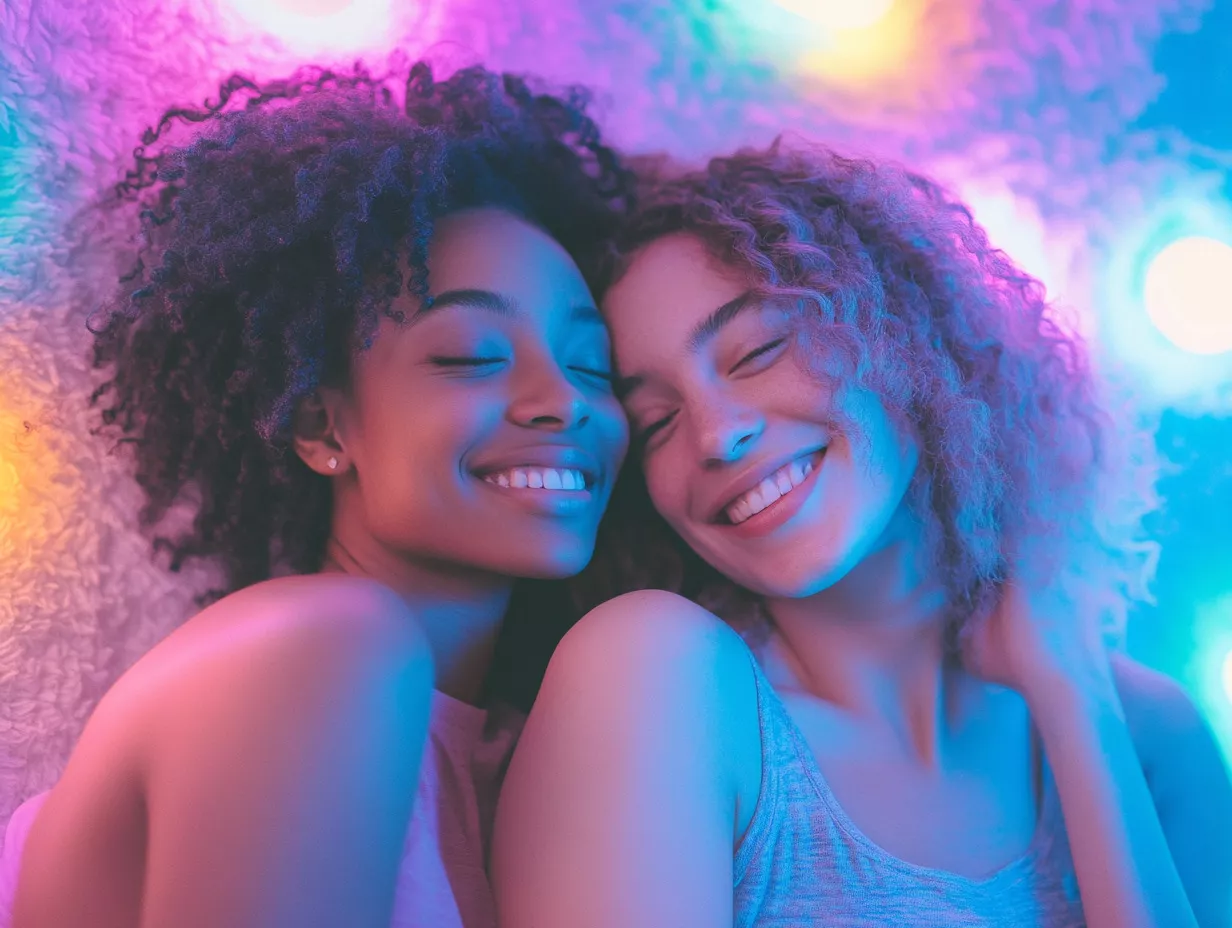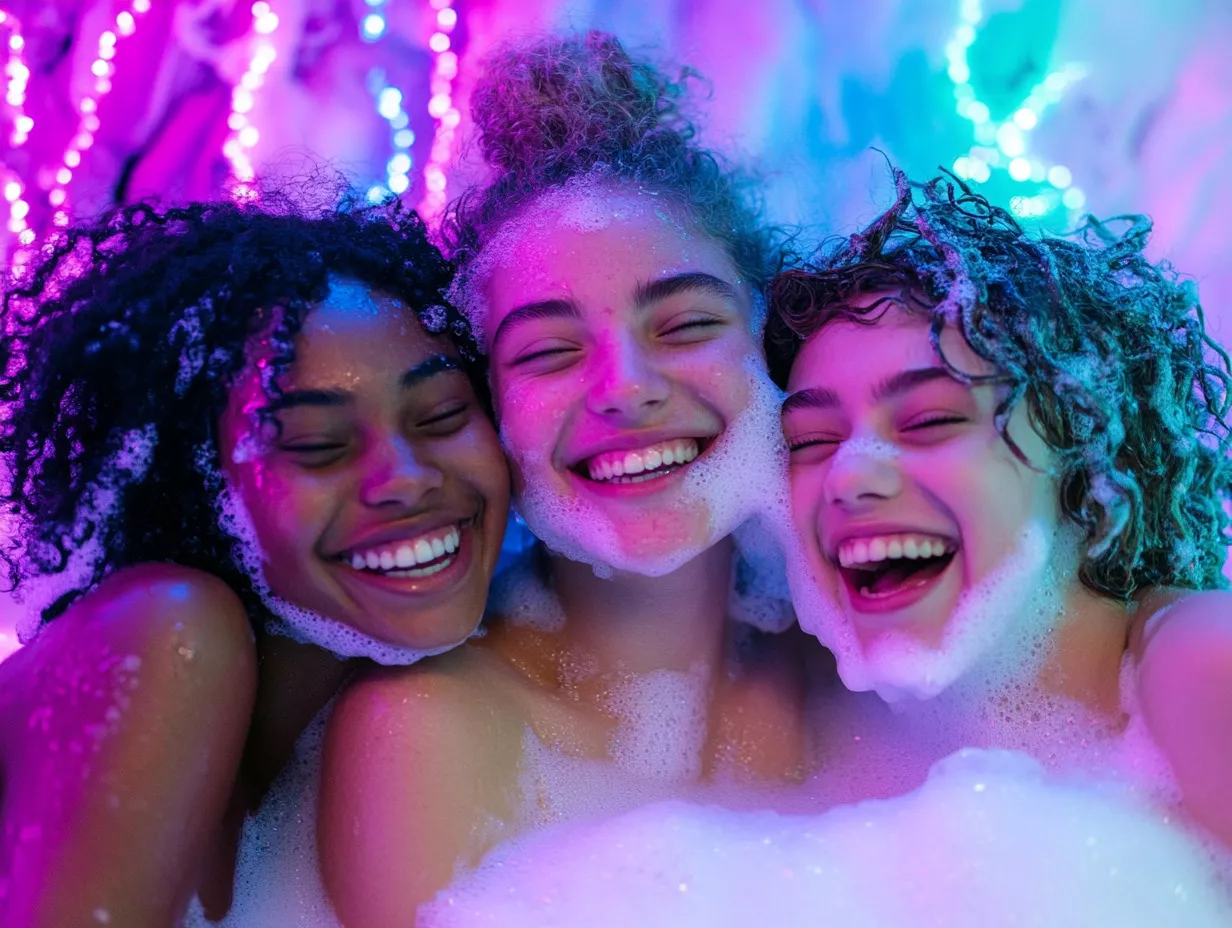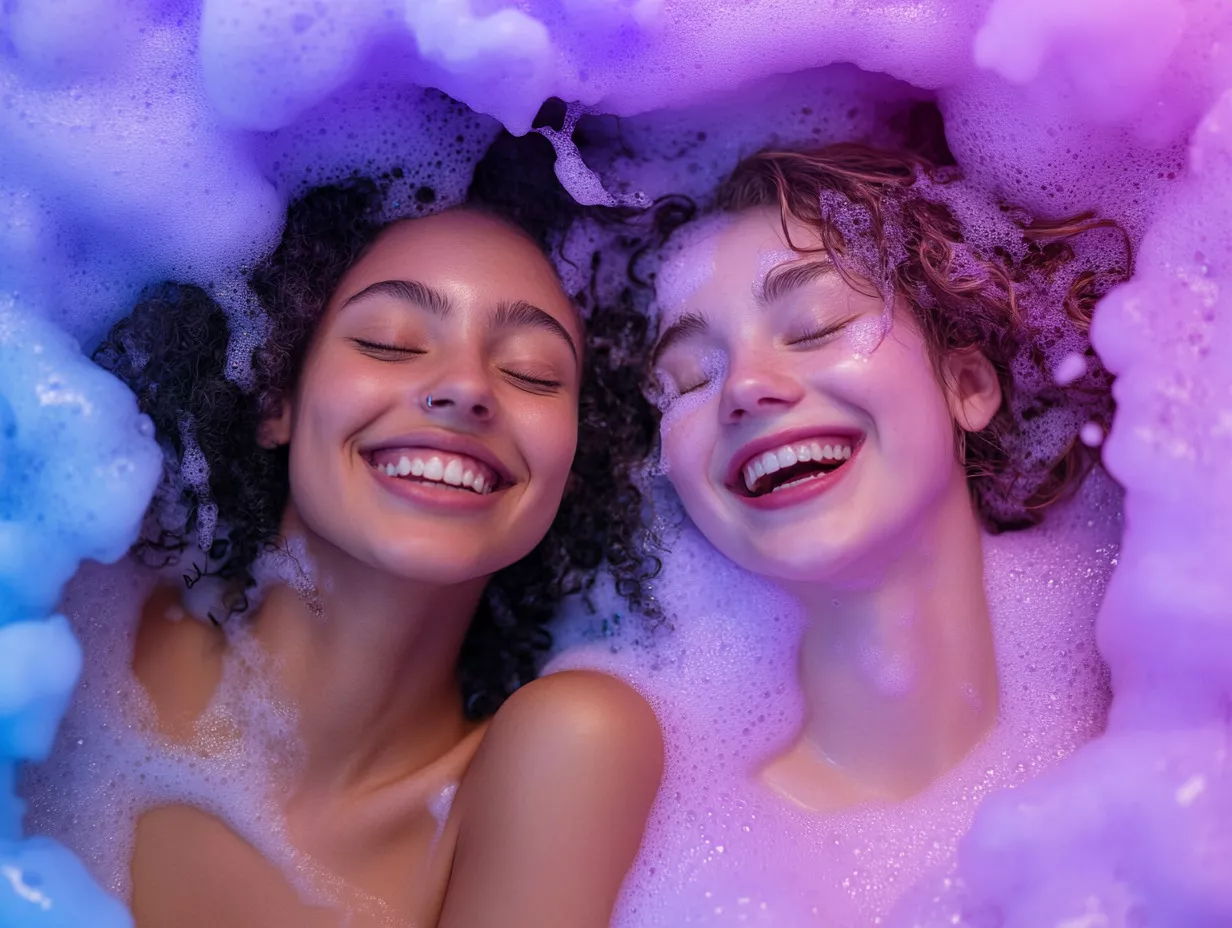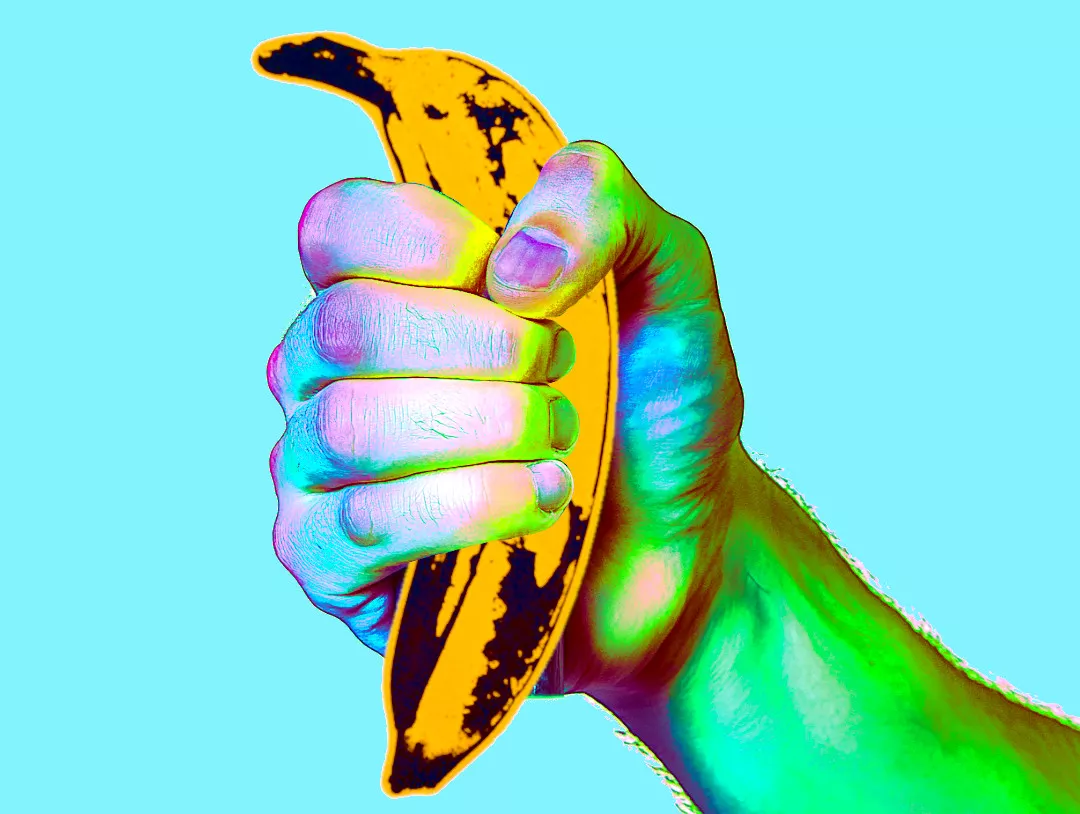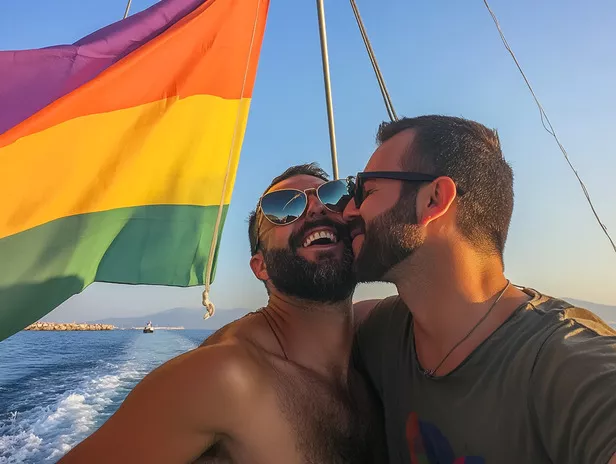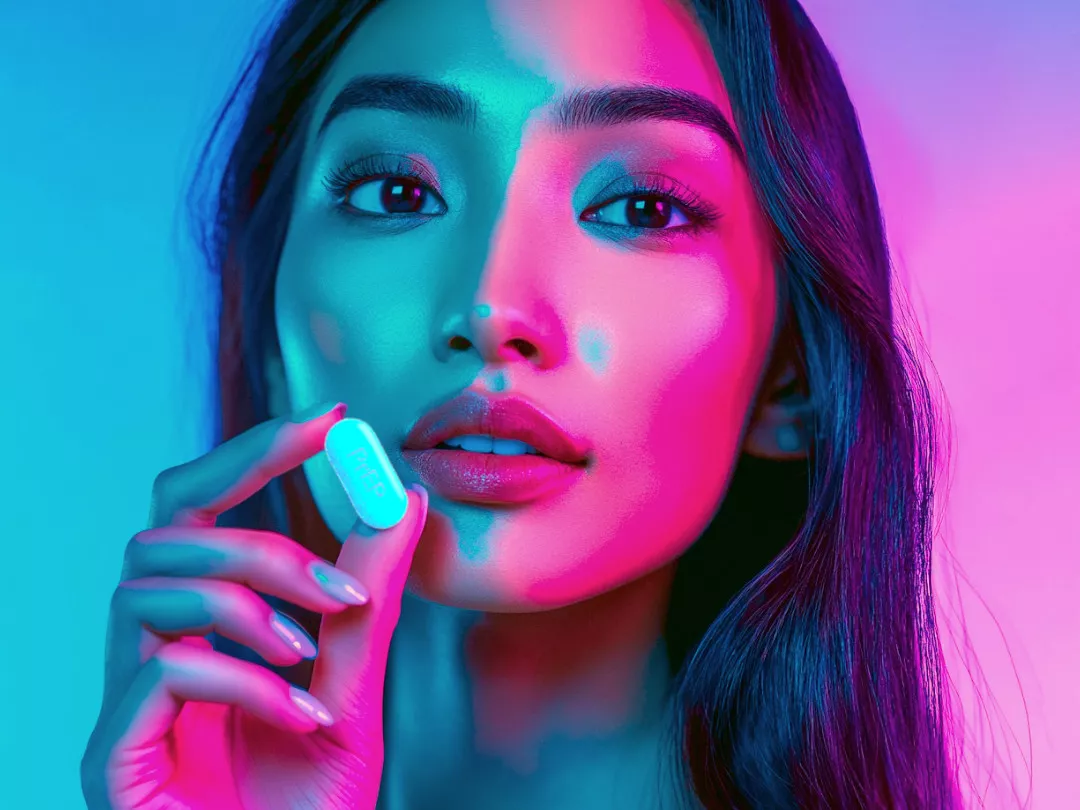Self-Care Tips for LGBTQIA+ Individuals
1936
Expert Healers' Self-Care Tips: A guide from psychologists, sex therapists, trainers, and hypnotists for holistic self-care.

Self-Care Tips for LGBTQIA+ Individuals
Self-care refers to the activities we do for ourselves to enhance our mental and physical well-being. Self-care can make us feel better about ourselves. It can also be an effective method of self-care. Especially if we have had terrible experiences with being LGBTQIA+, such as discrimination.
Sometimes we communicate with our plants. We can also take long, steamy showers. We are obsessed with skincare, Netflix, hot tea, and delicious soup. Masturbation and yoga both assist some people. It all goes under the banner of self-care, and practicing self-care has never been more crucial than right now, as LGBTQ+ rights are under attack with a record slate of laws targeting trans children, LGBTQ+ individuals in education, trans sports, and others. Given these frightening times, some may argue that self-care is very vital.
If you want to discuss sexual health, you can consult with doctors at the PULSE Clinic. To book an appointment, please email us at info.bkk@pulse-clinic.com or contact us on your preferred platform.
![]() +66 65 237 1936
+66 65 237 1936  @PULSEClinic
@PULSEClinic ![]() PulseClinic
PulseClinic
What is self-care?
What is self-care? It's defined by Psychology Today as "the mindful taking of time to pay attention to you, not in a narcissistic way, but in a way that ensures that you are being cared for by you." It's about taking a minute to assess your worry, ground yourself, and consider what activities make you feel cared for.
Practicing self-care entails attending to your body's needs, whether via art, food, meditation, or relaxation. According to the mental health awareness group Active Minds, doing so "improves our ability to live fully, vibrantly, and effectively." Self-care also serves to remind you and others that your needs are important and worthy of attention." It is up to you to stay in touch with your body, whatever that looks like. It is up to you to allow yourself to reflect, create art, and have faith. That sounds like a duty, and it is. However, exercising self-care is not a chore. This is an opportunity.
Let's look at the self-care tips!!
Here are some tips for your mental health; Enjoy it!
1. Stay in Touch With Your Body
To preserve a healthy mind-body connection, everyone, especially LGBTQIA+ individuals, must stay physically active while separating themselves. Whether it's breathing exercises, stretching, weightlifting, or any other type of self-massage or touch, being physically active and connected to your body is especially crucial for LGBTQIA+ individuals who may feel triggered by their lack of control over the world's present state.
2. Allow yourself to feel whatever it is you’re feeling.
Let yourself be as negative as you need to be while reminding yourself that these terrible emotions are not permanent. When you process your feelings, you learn how to deal with challenging emotions, make better decisions, and develop stronger connections with people. Toxic positivity, or suppressing feelings to be happy, can lead to increased stress. One grounding approach you may do at these moments is to choose a color and name everything in your environment with that color; this is effective because it gives a neutral, nonjudgmental way to reconnect with the current moment rather than worrying about the past or the future.
3. Seek Joy
According to the psychologist, the current gloom in the world only emphasizes the significance of pursuing your unique form of joy. "Joy looks different for each of us, so it could be making a point to listen to the birds chirping in the morning, savoring a warm cup of tea/kava/hot chocolate/coffee, dancing just because you can, or looking at a picture of a younger version of yourself playing," Follins informs the kids. "When we only focus on the sad, anxiety-provoking things in the world, that tends to be all that we see."
4. Use social media to find communities, but remember to take breaks from being online.
Facebook, Discord, and Twitter host groups such as Transgender World, Everyone is Gay, Black Lesbians, and LGBTQ+ Hangout, which exist only to foster community among other queer and trans individuals. True, social media may help us establish community, but it's also vital to log off and set limits on screen time. Doomscrolling, or continually being online to stay up to date with the news and the globe, can exacerbate pre-existing anxiety or despair. However, scheduling time for a new, offline interest is one method to avoid this. "It is good to stay informed, but you cannot make the world a better place if you are too depressed to function," Ace remarks.
Add us on Line and stay in touch.
5. Give Yourself Space to Ponder
Many people now have more free time than they did in the past. It's easy to fill it with activities that don't necessarily make us happy, such as browsing through Instagram or reading the news. They explain that right now is a time for slowing down, relaxing, and dreaming, and that communal dreaming is how we connect when we can't be physically there. Best of all, sharing these views might result in an unanticipated connection. Sharing your deepest, most secret imaginings and desires is a highly personal act that may be done even if you are not physically there.
6. Get Good Sleep
Sleep is more important than you may realize right now, even if you're spending more time than ever lounging around. Adequate sleep is critical to maintaining your immune system strong, your mind sharp, and your body in the best form possible to withstand lengthy periods of self-isolation. "The more stressed we are, the more sleep we need," Lourdes Dolores Follins says. "So, if feasible, try to obtain more sleep. Even if you believe it is too early to go to bed."
7. Try Something New, Like Hypnosis
According to Joanne Davies, a trained hypnotist with ten years of expertise, hypnosis "is a great way to stay grounded in our bodies while taking a much-needed mental vacation." It can help us gain faith in our subconscious mind... It can serve as a reminder that we will be okay. Davies' technique, more akin to meditation than anything you're likely to see on art and entertainment, is to "help us visualize happier places that give us some respite from the daily grind so we can return refreshed."
You Are Not Alone; We Always Be with YOU!!
We are here for you. I understand that this is breaching the fourth wall, which is strange, but these are strange times, and strange problems necessitate strange answers. Many of you have contacted us directly via email or Instagram to ask questions, express concerns, or even perform some copyediting (thank you!). It has been an honor to offer what expertise and/or resources we have. This catastrophe will not sever our connection to you. According to psychologist Monica Johnson, "In the digital age, distancing and quarantine don't have to mean total isolation...Social intimacy doesn't require physical proximity."
Taking care of your sexual health is essential. Both LGBTQ+ and straight persons must be sexually responsible. There are hazards for everyone! Stay cautious, get tested, and protect yourself!
List of LGBTQ+ terms
Asexual: Asexual people do not experience sexual attraction or desire for sexuality with others.
FtM / F2M and MtF / M2F: Commonly used shorthand for female-to-male transgender or transsexual person and male-to-female transgender or transsexual person.
Gender Fluid: A gender-fluid individual identifies with both genders. Their gender identification might shift and alter. They may present as feminine one day, masculine the next, or a combination of the two!
Gender Non-Conforming: an individual who does not conform to traditional and cultural assumptions of a specific gender. They do not identify as male or female.
Intersex: an individual is intersex if they are born with a reproductive or sexual anatomy that does not conform to society's definitions of male and female.
LGBTQIA+: An abbreviation used to refer to several sexual minorities. It stands for "lesbian, gay, bisexual, transgender, queer, questioning, intersex, and asexual." The + symbol represents the existence of a wide range of sexual orientations and gender identities.
Pansexual: A pansexual person is sexually attracted to others regardless of their gender, sex, or identity.
Two-spirit: a phrase used by Indigenous peoples who identify as having both male and female features or who perform both female and male gender roles.
Ze/Hir: alternative pronouns that are gender neutral. They are pronounced "zee" and "here" and replace the words "he"/"she" and "his"/"hers". Gender nonconformists may favor these pronouns, but others may not!
Conclusion
Self-care is a personal and ongoing practice, especially for LGBTQIA+ individuals who may face additional stressors. By prioritizing your well-being and implementing these self-care tips, you can navigate life's challenges with resilience and strength. Remember, self-care is about honoring yourself and creating a fulfilling and balanced life.
If you have any questions or want to talk about sexual health, feel free to contact us. PULSE Clinic is here to help, not to judge!!
Loading...
Clinic Locations
Loading...


